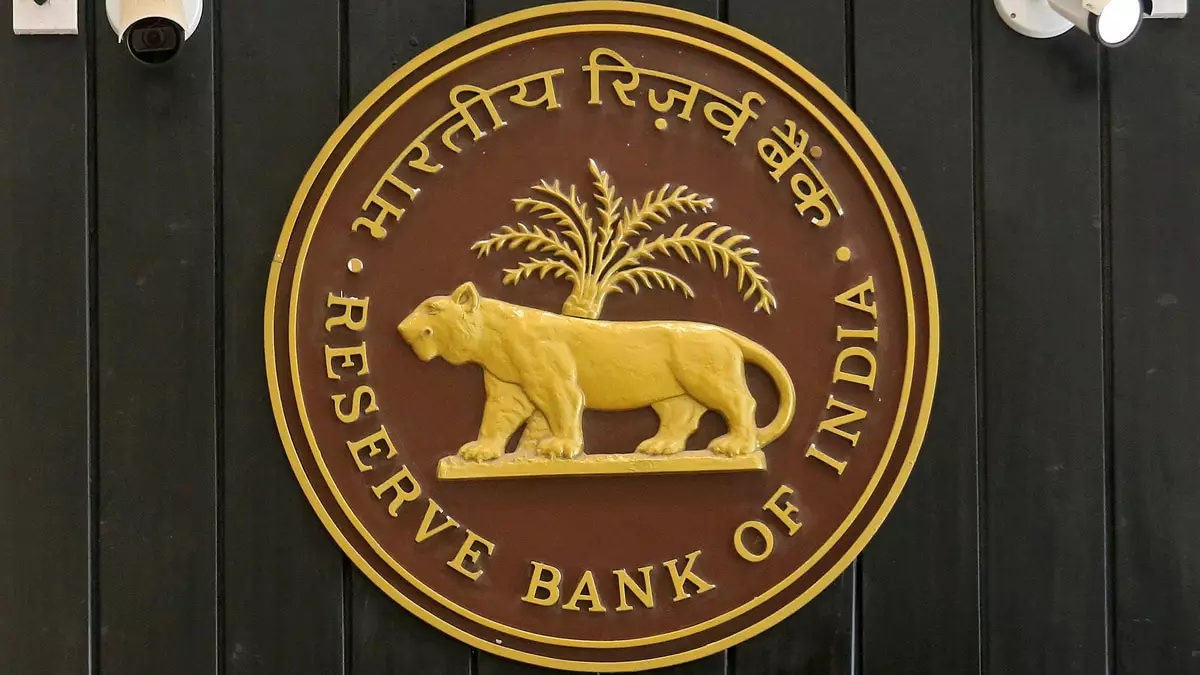The Reserve Bank of India (RBI) has recently unveiled its ambitious plan for the digital finance industry in the country. One of the key highlights of the RBI’s roadmap is the introduction of the eRupee central bank digital currency (CBDC). This innovative currency, designed to mimic the features of cryptocurrencies while being regulated by the RBI, is currently in the advanced trial phase. The RBI envisions the eRupee as a powerful tool to enhance India’s cross border transactions and elevate the Indian Rupee (INR) to an international level.
In its report on currency and finance for the years 2023-2024, the RBI emphasized the significance of the eRupee CBDC in shaping India’s soft power on the global stage. The central bank highlighted the role of crossborder digital trade policies, digitalization initiatives, and the internationalization of the INR in leveraging new opportunities and streamlining international transactions. The eRupee project aims to mitigate foreign exchange risks, improve global liquidity management, and foster seamless international trade.
The RBI is keen on integrating foreign direct investments (FDIs) into India’s burgeoning fintech sector. By promoting the adoption of fintech innovations like the eRupee CBDC, the central bank seeks to enhance data security, broaden e-payment services, and bolster digital skills within the local ecosystem. India’s participation in the global CBDC pilot program, alongside 35 other countries, underscores the country’s commitment to embracing innovative financial technologies.
Central bank digital currencies (CBDCs) like the eRupee represent a virtual form of traditional fiat currencies, such as the Indian Rupee. Unlike conventional currencies, CBDCs are built on blockchain networks, ensuring transparency and security in financial transactions. The adoption of CBDCs offers potential benefits to banks worldwide by reducing reliance on physical cash and promoting digital transformation in the finance sector.
As of June 2024, the eRupee CBDC has garnered significant traction among users and merchants in India. With over 50 lakh users and 4.2 lakh merchants participating in the CBDC retail pilot, the eRupee is undergoing trials in both the retail and wholesale sectors for Person to Person (P2P) and Person to Merchant (P2M) transactions. Experts, such as Sharat Chandra, Founder of EmpowerEdge Ventures, anticipate the eRupee to establish multi-CBDC bridges with strategic partner nations, further internationalizing the Indian Rupee.
The launch of the eRupee CBDC signifies a pivotal moment in India’s digital finance landscape. By embracing innovative technologies and fostering international collaborations, the RBI aims to position the eRupee as a catalyst for economic growth, financial inclusion, and digital empowerment in the country.


Leave a Reply